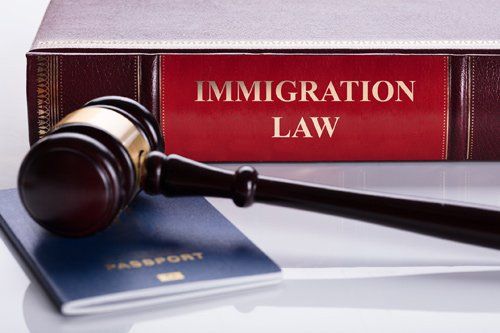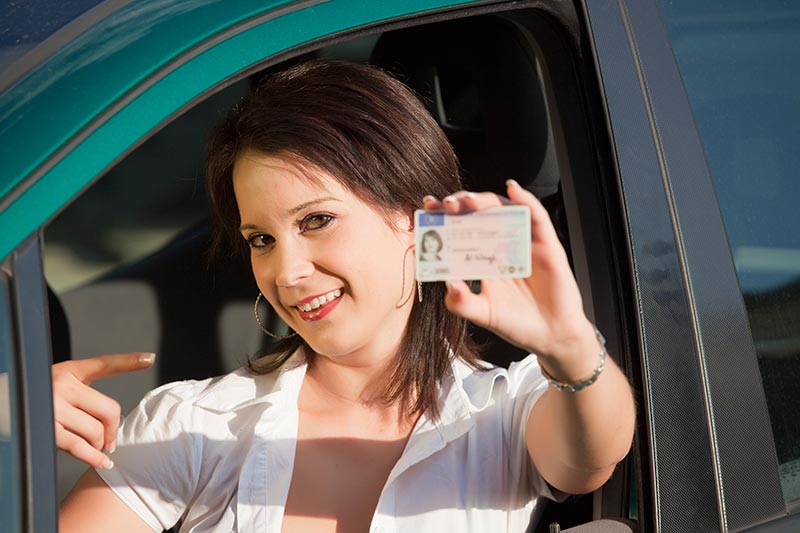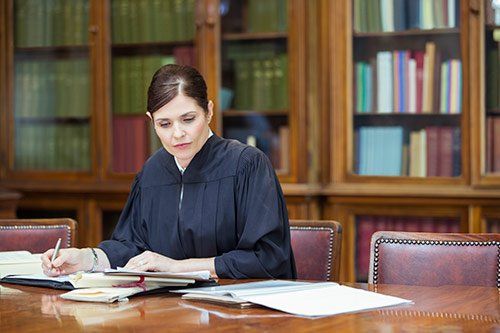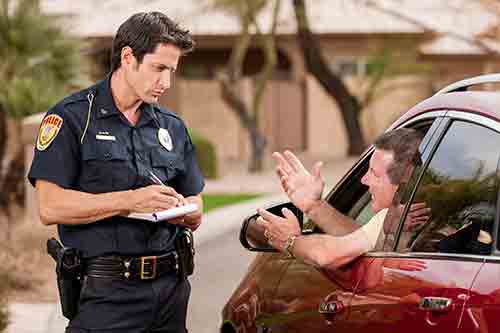What Is Double Jeopardy?
Admin • August 31, 2018

Double jeopardy is a common term tossed around in legal cases in which a person is concerned about being charged twice for the same crime. In spite of the fact that so many people have heard of double jeopardy, many people do not understand how it actually works.
The history of double jeopardy dates back to Greek and Roman law. Today, the Fifth Amendment protects Americans from double jeopardy. Read on to find out how this law from the Bill of Rights applies to you.
THE LAW PROHIBITING DOUBLE JEOPARDY
THE LAW PROHIBITING DOUBLE JEOPARDY
Double jeopardy prevents an individual from being charged with the same crime twice. The court cannot try an individual who already served a sentence for committing the crime, whether it is murder or robbery.
Additionally, the flaw prohibits individuals from facing trial for the same charges after they are acquitted. An acquittal follows careful examination of evidence, and the court is supposed to respect the jury's decision.
In the case of a mistrial, the state typically has the right to pursue another trial in the future based on the same charges. For instance, a case in which the jury is undecided allows the prosecution to establish a new case with a new jury.
An exception is made for prosecutorial or judicial misconduct. Misconduct may include trying to sway the jury to convict the defendant of a crime outside the courtroom or participating in threatening behavior. Judicial misconduct may also include imposing harsher punishments than the law would ordinarily call for.
The reasons for these laws are plentiful. Without laws protecting citizens from double jeopardy, the courts could endlessly try individuals for the same crimes, which would be an abuse of power and finances. Additionally, this would take away decision-making power from juries and judges.
THE CONFUSION WITH DOUBLE JEOPARDY
THE CONFUSION WITH DOUBLE JEOPARDY
One of the biggest sources of confusion surrounding double jeopardy was the fact that the amendment once applied to federal law. But today, each state uses the Constitution to establish precedent. No standardized version of double jeopardy exists for all the states, so each state can interpret the law differently.
Now, the major confusion comes from determining whether a person is being charged with the same offense. One case, Blockburger V. United States, determined that an offense qualifies for double jeopardy if it does not require additional evidence. One charge must be differentiated from the other.
Additionally, double jeopardy only refers to criminal court cases rather than civil cases. Administrative issues may also come with additional consequences. For instance, the DMV can issue administrative penalties in addition to penalties levied by a criminal court.
You can look at the O.J. Simpson case for a better understanding of how double jeopardy works in the United States. While Simpson was declared not guilty by the criminal courts, civil courts had the opportunity to try the case separately, finding him liable for two wrongful deaths.
Additionally, two separate sovereign states can try an individual for the same crime. Simply because an individual was acquitted in state court does not mean they cannot be tried in a federal court as well.
THE BEST WAY TO DEAL WITH DOUBLE JEOPARDY
THE BEST WAY TO DEAL WITH DOUBLE JEOPARDY
Even though double jeopardy may be illegal in North Carolina, abusive prosecution tactics do happen. You can fight back against bullying by hiring a strong criminal defense attorney to protect your rights.
Are you facing a criminal trial? Do you have questions about whether double jeopardy applies in your case? Barrett & Howell Attorneys at Law
may be able to help. Call our office to day to setup an appointment with professionals who undestand your needs.

 Serving the Entire Raleigh Area
Serving the Entire Raleigh Area 919-833-2561
919-833-2561















